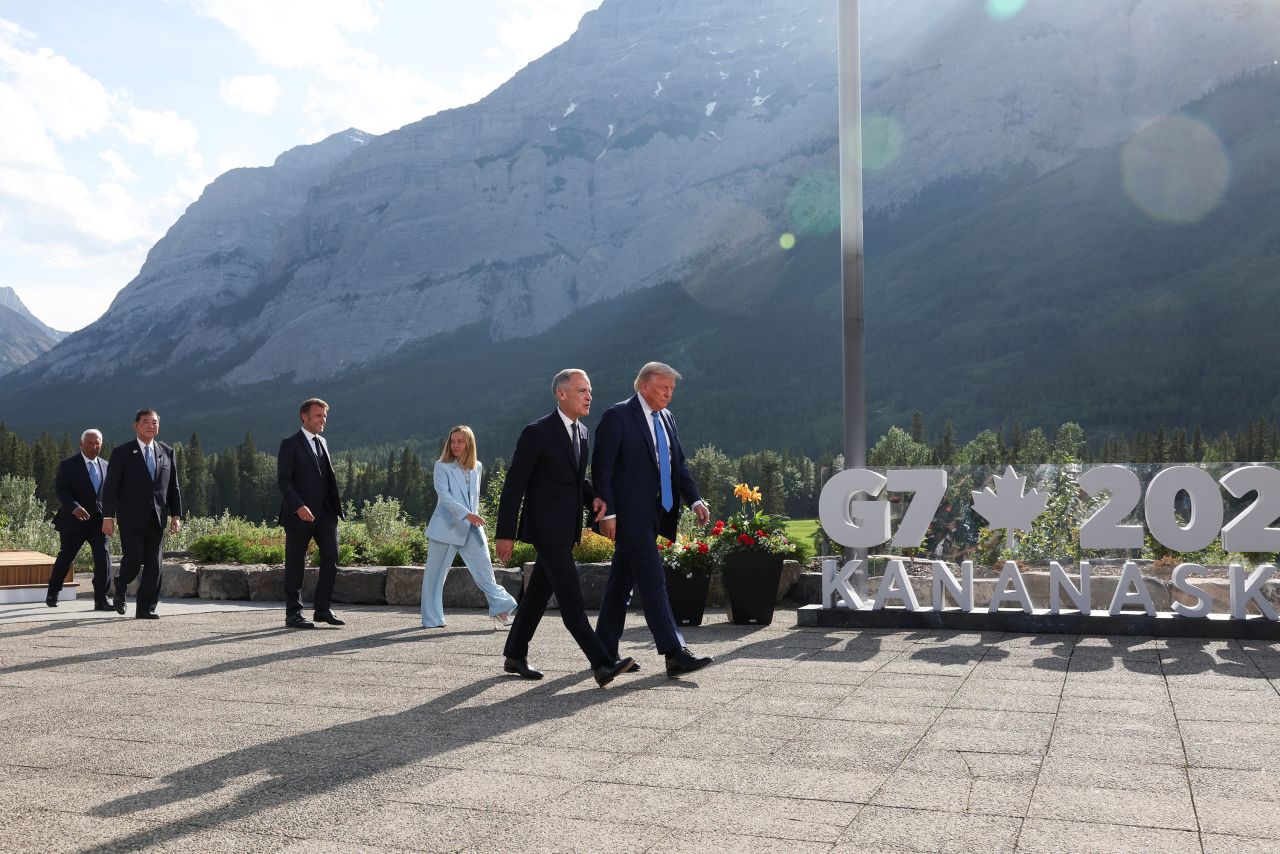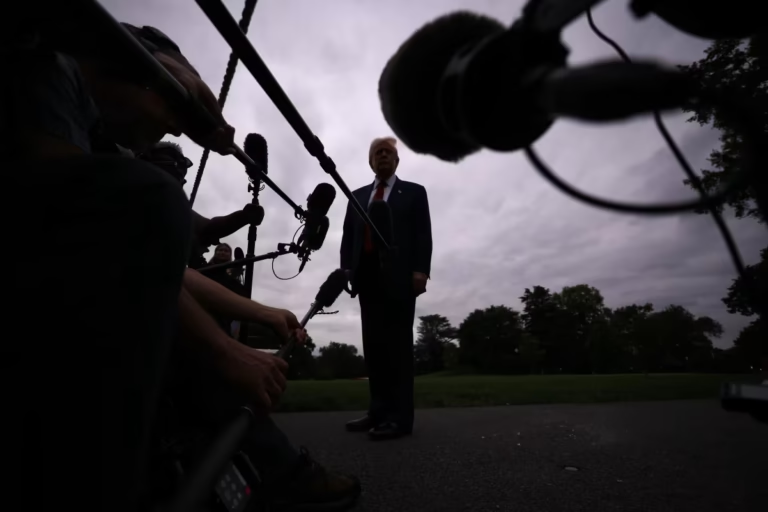
As Israel and Iran begin their fifth day of direct military combat, the Middle East is at a turning point. The escalation of what started out as a string of clandestine operations and proxy battles into open combat has alarmed the world and sparked fears of a larger regional confrontation. Devastation and increasing losses have resulted from the two nations’ lethal exchanges of missile attacks, drone strikes, and targeted airstrikes.
Context of the Conflict
The long-standing enmity between Israel and Iran, which is motivated by political, religious, and geopolitical considerations, is the foundation of the current crisis. Following an alleged Israeli bombing on a significant Iranian military facility close to Isfahan earlier this month, tensions sharply increased.Iran pledged a quick response to Israel’s accusations of war crimes and violations of its sovereignty.
Hundreds of drones and ballistic missiles were fired at Israeli military positions in southern Israel and the Golan Heights as part of a coordinated Iranian reprisal. Many of these projectiles were intercepted by Israel’s Iron Dome defense system, but some nevertheless found their objectives and killed Israeli soldiers and bystanders.
Day 5: Enhanced Assaults
On the sixth day of the conflict, the level of violence had escalated even more. Israeli aircraft attacked a number of critical Iranian facilities in western Iran early on Tuesday morning, including an airbase that was used for drone operations. Numerous injuries have been reported by local Iranian media, while satellite photographs reveal extensive damage in the provinces of Kermanshah and Hamadan.
Major Israeli cities experienced mass evacuations and blackouts as a result of Iran’s Islamic Revolutionary Guard Corps (IRGC) launching a volley of medium-range missiles against Tel Aviv and Haifa. Some of the missiles made it to civilian areas, where they damaged residential buildings and injured scores of people, but the majority were intercepted.

“Iran has breached a critical threshold,” stated Israeli Defense Minister Yves Gallant.
In order to defend our people and our land, we shall react with vigor and resolve.”
Humanitarian issues and the civilian toll
Both sides’ civilian casualties are growing as the conflict rages on. Hospitals in Israel are bursting at the seams with casualties, while families have sought safety in bomb shelters. Public transit in large cities has been suspended, and schools have been closed.
The strikes have sparked widespread fear in Iran, particularly in cities close to military installations. Ambulances are apparently unable to access the most impacted districts due to damaged roads and air strikes, causing a burden on medical services.
The rapidly worsening scenario has deeply alarmed international humanitarian organizations. In a statement, the International Committee of the Red Cross (ICRC) urged all parties to uphold international humanitarian law and safeguard civilians.
Global and regional reaction
Many in the international community are concerned that the war may spread to nearby nations, which is why they are keeping a careful eye on the crisis. In a show of support for Tehran, Hezbollah, a militant organization supported by Iran, launched rockets into northern Israel from Lebanon, escalating concerns about a multifront conflict. In retaliation, Israel bombed Hezbollah locations in southern Lebanon.
The United States has demanded that tensions be immediately defused and has urged Israel and Iran to “show caution” and refrain from further provocations. To project strength and safeguard US interests in the area, a US Navy strike group has been sent to the eastern Mediterranean.
The two major nations that have sway over Iran, China and Russia, have demanded an urgent UN Security Council meeting. Although neither side has yet to demonstrate a desire to engage in negotiations, European officials have volunteered to mediate peace discussions.
Disinformation and cyberwarfare
In addition to the armed conflicts, a cyberwar is also taking place. Banks and hospitals in Israel have been the target of persistent cyberattacks by hacker organizations with ties to Iran. Israeli cyber troops are said to have retaliated by interfering with communications in Tehran, hurting government networks and public services.
In an effort to increase support at home and perplex international observers, both sides are also fighting a narrative war by disseminating false material on social media. Verifying reports on the ground has gotten more challenging due to the increasingly disorganized information environment.
examining the future.
Tensions are still high as the crisis enters its sixth day. Iran and Israel both seem intent on proving their military might at all costs. The DI today faces both global powers and regional allies.


